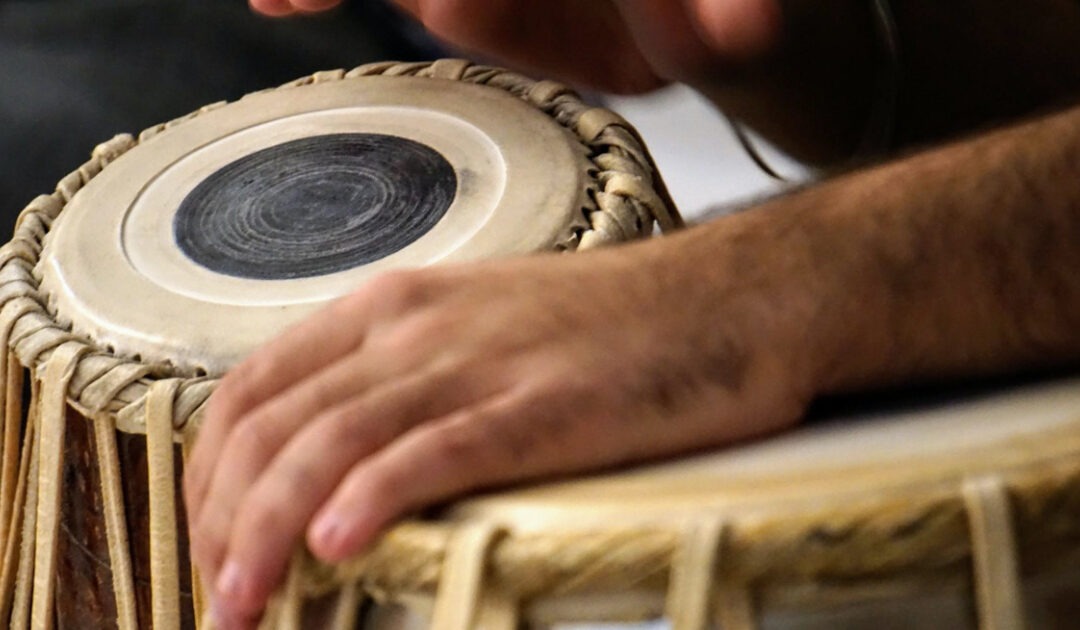
by Bettina Shultz-Jobe, LPC, NBCC | Oct 12, 2020 | Applied Principles, Natural Lifemanship Events, Personal Growth
By Bettina Shultz-Jobe and Kate Naylor
We know that Interconnected 2020 will take place online.
We also know that too many hours spent online without a break could cause serious mental fatigue.
So, we put together this playlist of videos and resources to give your mind and body the rhythm and connection needed to regulate and learn. They are intended to be watched as “Brain Breaks” during the conference—to ensure the conference experience is rejuvenating and FUN.
Still need a ticket to the conference? Get it now!
Get Tickets
This playlist was carefully chosen to deepen your experience at Interconnected 2020.
All of these things bring us rhythm––visual and auditory rhythm, specifically––which helps to regulate, organize, and integrate the entire brain. These videos are intended to regulate the most lower regions of the brain so that our brain and body can connect with self and others and are capable of concrete and abstract learning and thought. With so many options you can “choose your flavor” – we hope you enjoy!
The Aviators by Helen Jane Long
Deep Breathing Shapes Animation
Rapping Dr. Seuss
Drumming flash mob
Bob Ross painting
Relaxing music and underwater scenes
Virtual Nature Walk
Newsies live on the New York Streets
Wheel Dance
Tongue Drum Binaural Beats
Idina Menzel “Defying Gravity”
“True Colors” by Camden Voices choir
Evolution of Dance video
Lord of the Dance, Michael Flatly
Anna Kendrick “Cups”
Family Lockdown Boogie
Funky American Woodcock
Virtual Train Ride
Rotterdam Philharmonic Orchestra, distance symphony
Acapella “I wanna dance with somebody”
OK GO “This Too Shall Pass” music video
Frozen II “Show Yourself”
Redwood National Forest Virtual Hike
Buddhist Monk, The Beatles “Yellow Submarine”
Jimmy Fallon, found sound, “Don’t Stand So Close to Me”
Hania Rani on the shores of Iceland
Anderson Paak “Don’t Slack” music video
“The Rhythm of the Horse” by Thomas Newman
Frozen II “The Next Right Thing”
Proposal flash mob
Crackling fireplace
Natural scenery and sounds
OK GO “I won’t let you down”
Kaleidoscope
Rain Drums
We hope that this playlist sets the stage for your inner healing and the deep connections you will build at Interconnected 2020.
Still need a ticket to the conference? Get it now!
Get Tickets
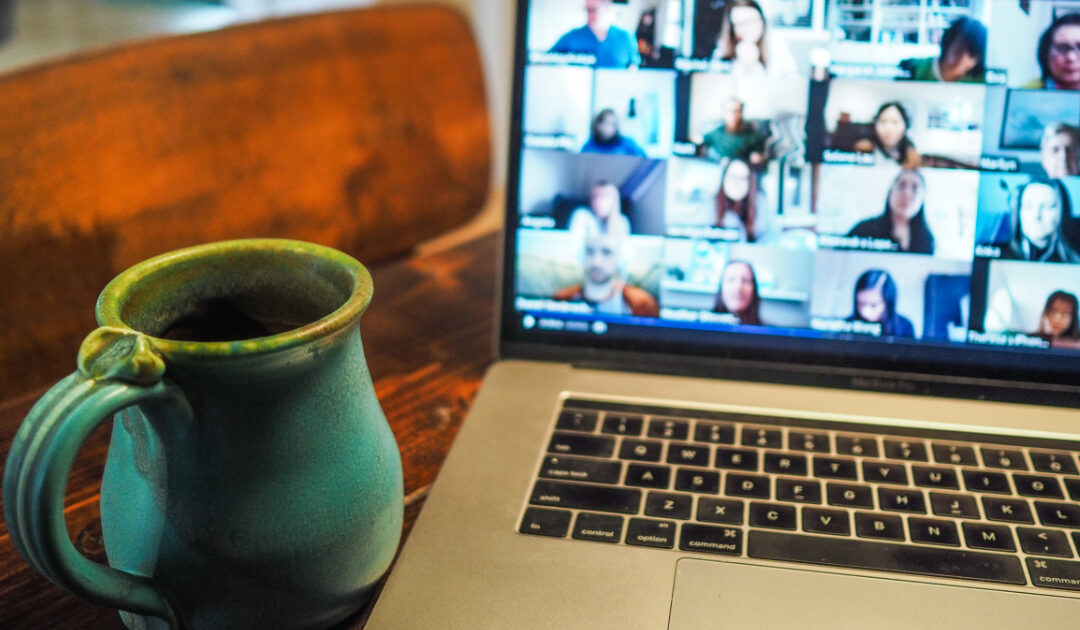
by Bettina Shultz-Jobe, LPC, NBCC | Oct 12, 2020 | Natural Lifemanship Events, Personal Growth
This year, our Interconnected 2020 conference will be virtual. This means that the speakers you watch and the workshops you participate in will be done on a computer monitor or screen.
While this makes attending the conference more convenient, it may cause you to experience symptoms related to Zoom Fatigue—exhaustion that comes with focusing intently on a computer screen for too long.
Don’t worry…we’ve got a plan for that!
This entire conference was designed with you in mind, and that includes avoiding Zoom Fatigue. We’re going to keep you moving, engaged, and connected the entire time! Here’s how.
Keep Moving
Many of the presentations were designed to keep your body and mind flowing through rhythm and regulation. So we highly encourage you to participate as if you were right there standing in front of each live presenter. Stand up, sit down, and keep moving! This will allow you to stay engaged and invigorated throughout the conference.
Unplug
This is YOUR time. Therefore we advise you to unplug from outside distractions during conference hours. As we would in person, we are asking you to turn off/ silence your cell phone. The more you treat your environment as you would a conference hall, the more you will receive from this life-changing experience.
Get Grounded
Our Daily Healing Practices provide you with an opportunity to move, stretch, and connect deeper to yourself and those participating in the conference with you. We encourage you to attend each morning and evening to SHIFT your mind and body’s focus from the computer screen, inward.
Connect with Living Beings
If possible spend time with other living beings! A person, an animal, a tree––we need others to regulate. Co-regulation is a biological imperative and will absolutely combat Zoom fatigue! If you can, take moments for physical closeness with a friend, an animal companion, or in nature. A plant, a tree, your God…these connections matter so much.
Bonus Tip
Turn off your video or use your speaker view during the conference. Only “be seen” when you want to see your body. This can help you to shift your focus away from watching yourself, to healing yourself.
You can turn off “self view” – turn on your camera to ensure your lighting is good, and then hide “self-view”.
Together, we will transform the virtual experience into one of greater mindfulness, connectedness, and transcendence.
There is still time to register for Interconnected 2020! I hope you can join us!

by Kathleen Choe | Aug 17, 2020 | Personal Growth
One of my now-favorite yoga instructors leads her students through a series of poses several times at the beginning of each class, both by demonstration and verbal cueing, and then falls silent as she continues to move through the sequence without calling out the poses as we go forward. At intervals, she reminds us, “Trust your body. You know the way.”
At first, I would become confused about which pose to do next without her spoken directions, and found myself constantly checking to see if I was doing the same pose as she was (which sometimes involved awkwardly craning my neck and twisting my body to observe her next move. Yes, I did fall over a few times. This is less painful than falling off a horse but no less embarrassing). Over time, however, I began to trust my muscle memory, realizing that after a few passes through the sequence, my body truly did “know the way.” I could close my eyes and allow myself to flow through the series from one pose to the next without having to constantly glance over at the instructor.
I also accepted that sometimes I was out of sequence or off the pace but that this really didn’t matter so long as I was matching my breath to my movements and staying centered and grounded in my own practice of being mindfully present in my own body and in my own space on my yoga mat.
Something about this phrase “you know the way,” caught my attention early on and kept me coming back to her class despite the initial awkwardness involved in her lack of cueing (I am a rule follower and want to “get things right.”)
As a young immigrant with Dutch parents, I often found myself ignorant of the customs, idioms, and cultural knowledge that my American peers took for granted. Halloween was a mystery (but a fun one. Who can beat the combination of costumes and candy?) We opened presents on the 5th of December (Sinterklaas) instead of the 25th. We put mayonnaise on our French Fries and chocolate sprinkles on our sandwiches (both are delicious, by the way). I often found myself looking around to see how others were behaving, speaking, or dressing to try to fit in and not inadvertently relegate myself to social Siberia.
In other words, I did not learn to trust myself to “know the way.” Developing an eating disorder early in life further disrupted my ability to listen to and trust my body or my brain. It has taken me years of healing and recovery to discover that I can know what I need and want and have enough value to take steps to seek for those needs and wants to be met.
Many of us are finding that we currently do not “know the way” forward due to conflicting information and differing opinions on how and even whether to re-open the economy and resume activities previously banned due to the coronavirus restrictions. People are passionately divided over how to best pursue safety and sanity during these uncertain times. The news coverage is full of angry confrontations between those with conflicting belief systems. The confusion, chaos, and lack of clear direction can lead us to feelings of overwhelm, hopelessness, powerless, and even despair. No matter where you land in this ongoing debate about the collective good vs. individual rights and freedoms, however, there are certain principles that can help us “know the way” during this challenging time:
Compassion for ourselves and others. Chronic stress can overwhelm our coping mechanisms and cause us to behave and speak in ways we normally wouldn’t. Be quick to apologize and quick to forgive both ourselves and others.
Kindness towards ourselves and others. Now, more than ever, we need to have patience and grace as we all struggle to adjust to a new normal that we don’t always understand how to navigate successfully.
Patience towards ourselves and others. Learning new skills and alternate ways of doing tasks takes time. We learn everything new by trial and error, from walking to multiplication to riding a bicycle. We learn more from our mistakes than our successes. Learning to ask for help and to laugh at ourselves can help defuse a potentially frustrating or defeating situation.
Acceptance of ourselves, others, and our new circumstances. Acceptance is sometimes mistaken for liking or wanting or being “ok” with someone or something. Actually, acceptance is simply acknowledging that the current situation “is what it is.” It doesn’t mean we like it or want it that way, just that it is that way. Until we accept that something is currently true, we cannot put any energy or attention towards trying to make any changes, because all of our energy is being channeled into defense mechanisms like denial, or minimization, or avoidance (my three favorites, personally). Only once we accept, or acknowledge a problem, can we begin to consider ways to tackle it and make things better. This extends to accepting ourselves, as we currently are, and others as well. Acceptance is not resignation. It is the beginning of empowerment for change.
I had to learn to stop looking around to see what everyone else was doing in order to fit in. I realized my nervous system was designed to keep me safe and help me make decisions and take actions congruent with my own values, beliefs, needs, and wants. While it is important to consult trusted sources for guidance in areas outside of our area of expertise, is it also important to check in with yourself to see what feels right for your particular wiring, personality, moral compass, and situation, as well as considering your emotional, mental and physical capacity.
Turn off the news, find a quiet place, close your eyes, and check-in with yourself (and your Higher Power if this is part of your belief system). Don’t just look outward. Look inward. You know the way.
Kathleen Choe is an LPC-S and NL Trainer. Learn more with her at the Natural Lifemanship Conference, Interconnected 2020!
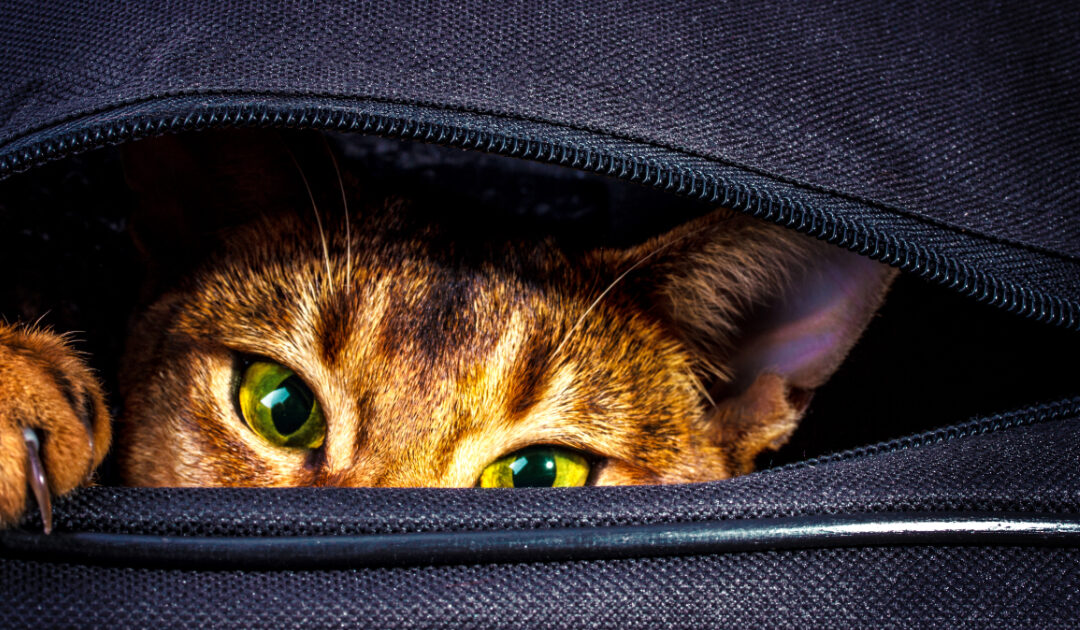
by Cindy Skelton-Hodge | Jun 15, 2020 | Personal Growth
Across the country, across the globe, we are starting to make decisions about “opening up” and getting back to “normal”. It is contentious! The complicated decision pendulum swings from “it is way too early,” to “it is way too late.” Every state, county, city, and rural area has to decide if it is time. With ALL that must be weighed, looked at, deciphered, considered and understood, it is easy to see how the decision process breaks down in frustration, anger, name-calling and total lack of empathy for the groups that see things differently than your group.
But what happens when that frustration and anger enters your own home? What happens when the folks living inside those quarantined walls are looking at the same data, having the same discussions turned arguments and come up with totally different answers?
Yep, that happened.
A simple and lovely party invitation was the final straw. Conversation over breakfast quickly turned into what felt like a feral cat thrown into a pillowcase with another feral cat. There was nothing but teeth and claws and no way to get out.
In this household, we know how to use regulation skills. We understand what happens to the brain and body when old patterns of fear, control, and anxiety take over. And here we were, in our own kitchen, living out the state and national paradigm of figuring out how to move on. Literally, the following thoughts and ideas were either said or implied:
- You are an idiot
- You do not understand what is happening
- You do not see what is happening
- You do not care what has happened
- You are too fearful
- You are not a risk-taker
- You are a risk-taker
- We need to get over this
- We need to move on
- It is too soon to move on
- We can’t live in constant fear forever
Clearly this was not about the party invitation. Over the past months of lockdown, we have expressed our thoughts and concerns. We share, mostly, similar political beliefs and have followed the national, state, and local safety guidelines.
But somewhere in our breakfast “bag of cats conversation” it became clear that we had not HEARD the depth of each other’s concerns. What we did hear was filtered by our own internal fears, and righteous thoughts about pandemics, shut-downs, and even the “American way”.
The foundation of our work at Windows To My Soul is deeply rooted in the Trauma Focused Equine Assisted Psychotherapy (TF-EAP) process of Natural Lifemanship, which is based on contemporary trauma research and greatly influenced by the work of Dr. Bruce Perry and many other experts in the trauma field. We believe the path to healing the effects of trauma is through healthy, good for both, relationships. This is because trauma and toxic stress can cause very real biological changes to our nervous system and brain. Inherent in these changes is the loss of connection to self and others limiting our ability to have healthy relationships. Building healthy relationships mandates that we maintain regulation (calm during stress) and causes us to rebuild or reorganize healthy neural pathways in our brain.
The question of good for both gets tricky when you are learning to communicate your thoughts or needs and/or are fighting to be heard.
That personal struggle makes it even harder for us to HEAR what the other person is fighting to communicate. Pretty soon both are frustrated and find themselves in a bag of feral cats. Many have said it – this is a traumatic time across the globe. To many, our very personal economic and professional survival is being questioned. This is trauma. In this state, we are only using the parts of the brain that are geared towards keeping us safe and protected. We are in fight or flight mode and may not have full access to the parts of the brain that allow us to empathize with others or think logically and thoroughly through issues. We may only hear our own scattered and fearful thoughts screaming through our head. Or, there is nothing at all. There are no thoughts, no fears, and no feelings. We are completely checked out.
When survival is at stake there are no easy answers. Even if the prescription for moving forward is given by others, we still must make decisions for ourselves, find our own answers and yes, find a way to move forward both individually and collectively. To do this, we are required to release ourselves from that bag of teeth and claws. But how?
STOP!
Slow down.
Feel your activated nervous system.
Feel your heartbeat.
Feel the tingles or tightness in your stomach.
Notice your feet touching the ground.
Start to see the details of your surrounding environment.
Hear the sounds.
Search for physical sensations.
Feel the need for a deep breath and then take one.
This is the moment when the cats in the bag realize that nobody is getting out alive unless another path is chosen. This is the moment when we start to feel connection with ourselves.
The journey from this point is clear, but not easy. It goes something like this:
In order to stay calm in stressful situations, I must learn regulation skills. In order to get good at regulation, I must practice those skills regularly so just like muscle memory, they kick in automatically when things start to get rough. Because I am able to stay calmer for longer periods of time, I can now stay present in this current moment without fear from my past or fear for the future. Presence in the moment allows me to better connect with my thoughts and feelings.
This connection breeds confidence in self and allows me to ask for what I need and stay committed to being heard. With that confidence, my need to control lessens and I am able to HEAR others without fear of losing myself or not being HEARD. When I can really HEAR others, I start to attune to their needs and concerns and our connection grows. Together we can start to consider what is good for both. In this moment we have created a new healthy neural pathway that allows us to consider more than just ourselves without losing ourselves. We are working on our healthy, good for both, relationship.
Of course, it doesn’t happen fluidly like that. This is why a trauma-informed trainer of Natural Lifemanship and Founder of Windows To My Soul and her husband end up like two feral cats in a bag.
Trauma happens to all of us. Our past and current circumstances determine how we react and what we need to heal. The process is bumpy and requires choosing a new path and sometimes it is just easier and more comfortable to stay on the current path. Sometimes we can’t even see that a new path is necessary or possible.
As for this cat and her husband, we had that STOP moment. We reengaged our regulation skills and we started to HEAR each other. We learned that both of us have very real concerns for mental health, professional and physical survival. We decided not to attend the party. But we will get to have the conversation of moving forward in the world of Covid-19 many more times, hopefully, a little more regulated and attuned to each other. We have a family reunion scheduled in June. ☺
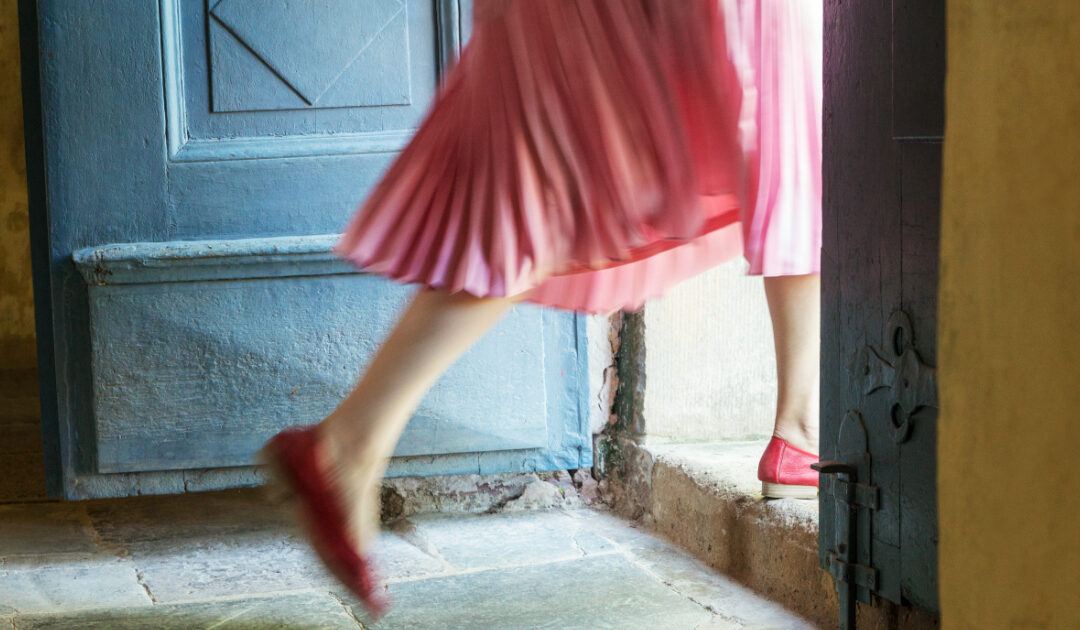
by Kathleen Choe | May 11, 2020 | Personal Growth
After weeks of seeming stasis, were sheltering in place, physical distancing, online learning, working remotely, wearing masks in public, and other heretofore unheard of phrases and behaviors were becoming the norm, we are receiving conflicting messages about the restrictions lifting, businesses opening (at reduced capacity) and the possibility of life returning to some semblance of “normalcy.” Whether one agrees with the timing or structure of this shift or not, we seem to be on the threshold of tip-toeing out of our homes and into a world that looks vastly different from the one we knew prior to the pandemic.
What does it meant to be “on the threshold?” The word itself has some interesting definitions: a point of entry or beginning; the magnitude or intensity that must be exceeded for a certain reaction, phenomenon, or condition to occur or be manifested; the level at which one starts to feel or react to something or at which something comes into effect.
In other words, a threshold is that moment right before the change actually happens, when we are standing in the doorway looking out at an unfamiliar landscape, wondering if we are prepared for whatever we are about to encounter on the other side. Change is difficult for most of us. Even for those who thrive on adventure and new experiences, feeling a bit of anxiety in the face of uncertainty is common. In that moment when the training wheels come off and we are wobbling this way and that, frantically peddling while trying to adjust to the novelty of trusting our bodies to hold us in balance instead of relying on the machinery of the training wheels or the strong arm of a parent figure holding our bicycle upright from behind, we struggle to have confidence that we can fly instead of falling to the ground. It is the space between the trapeze bars, when we have let go of the one and not yet grasped hold of the other, suspended in mid-air, hoping we have stretched far enough to reach the safety of the handle swinging before us. It is the unknown territory we have not yet traversed, and it is . . . scary.
Brandan J. Robertson, in his article, On the Threshold of Tomorrow, writes, “What are we to do at such a threshold moment? . . . In moments of transition, we are simply to be. We are to pause and acknowledge that a transition is taking place. Instead of seeking to abruptly pass through a threshold, we are to tarry. . . . A new reality is emerging, but we cannot see beyond the threshold. All we know is that we exist in this moment, where everything is in transition. We may experience a new way of being, but we cannot yet sense what it will look like.”
After the end of World War II, all the Dutch citizens living in Indonesia were expelled and sent “home” to their native country, the Netherlands. My mother, along with many of her fellow expats, was born in Indonesia, and up until that point, had never even lived in the Netherlands. At the age of 15, my mother went “home” to a place that was entirely foreign to her. Worse yet, the Dutch citizens already living there did not welcome these returnees back into the fold as terrible shortages of food, fuel, and housing were compounded by the return of these refugees, who were awarded double ration cards due to the starvation and hardship they experienced in the concentration camps during the war. She remembers feeling lost, alone, and afraid in this country where she was supposed to belong but whose customs, climate and conditions were unfamiliar to her. Her mother’s sister, Tante Truce, took in the battered and bedraggled family of five and fed them, cared for them, and helped them over this threshold to adjust to their new life.
It is ok not to know what’s next. It is ok not to know how to feel, what to think, or how to behave in this new landscape we are finding ourselves in. It is ok to ask for help, to turn to each other for connection and comfort, and to find our way forward together, with uncertain, even wobbly steps. We may fall off our bicycle (or horse, as I did last week. Twice!) We may miss the trapeze bar. The important thing is that we allow ourselves to be helped back up by others who are traveling this new road with us and that we don’t try to figure this out alone. We may linger on the threshold and decide we are not quite ready to cross over it yet even though we see others doing so. And that’s ok too.
Because you are not alone. We are all in this together.
Kathleen is a licensed professional counselor and practices in the Austin, Texas area. More info can be found here. She is also a member of the NL team, and a Natural Lifemanship trainer.
The Natural Lifemanship Institute is offering a variety of low to no cost support for you during this time!
Check out these name your price workshops to support you during this time and help to build YOUR resilience.
We offer a variety of resources daily on Facebook and a FB live series called Resilience Through Rhythm every Sunday. Connect with us on Facebook where we are committed to community connection and collective healing.
Survive + Thrive = SurThrive: A Webinar Series for Navigating the Pandemic; these recording are free to NL Basic or Professional Members here. All others can name your price here.
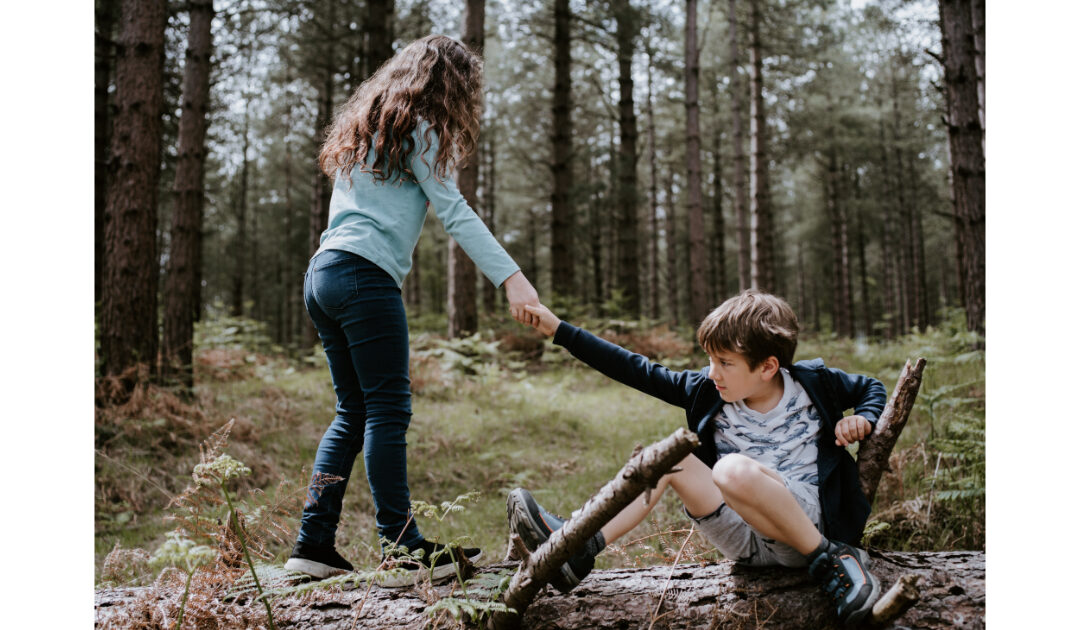
by Kathleen Choe | May 11, 2020 | Personal Growth
I recently watched the movie “A Beautiful Day in the Neighborhood,” based on the true story of friendship between Fred Rogers and journalist Tom Junod. Tom is indignant that he has been assigned to interview Mr. Rogers, whom he views as an insignificant and not newsworthy character, but he is surprised to find himself drawn to the empathy, acceptance, and kindness this television show host displays to everyone he comes in contact with. In an exchange that is very timely for today, Fred tells Tom, “When I was a boy and I would see scary things in the news, my mother would say to me, ‘Look for the helpers. You will always find people who are helping.’”
The news is currently full of very “scary things.” It is easy to get discouraged, overwhelmed, frightened, and even panicky about the ongoing stream of grim stories concerning rising infection and death rates and people losing livelihoods and loved ones. These statistics are scary and it is normal to feel anxious about them. However, a crisis like the pandemic also presents an opportunity for people to grow in unexpected ways. Many have shared heart-warming stories with me about giving some or all of their stimulus money to those in greater need, or discovering previously unknown skills for sewing facemasks, or a talent for organizing online scavenger hunts for bored grandchildren, or for tutoring reading online to struggling students. Helping others helps us. Neural evidence from fMRI’s research studies suggests a link between generosity and happiness in the brain. When we help someone else, the same feel-good chemicals are released in our brain that are being released in the brain and body of the one we are helping.
My father certainly needed a helper when he was being held in solitary confinement in a German prison during World War II. Sometimes help comes in unexpected ways, as it did for him when his parents and the families of the other imprisoned boys who tried to escape with him from the labor camp to join the Allied Army, hired a rather famous Dutch attorney named Fritz to plead their sons’ cases before the Reichsgericht (the criminal court of the German Reich). Fritz represented himself as a Nazi sympathizer to the German court in order to win the boys a reprieve from their death sentence and then had to go into hiding himself to escape his own prosecution once the ruse became known. (Upon their release, the boys were taken to another labor camp much further inland presumably to prevent them from once again trying to swim the Rhine River to freedom.)
We may already be drowning in “helping” as parents or caregivers who are attempting to homeschool children, work from home, navigate the frustrations of attempting to apply for small business loans or payroll protection or other resources to stay afloat financially (and emotionally!) We may need help from others rather than being in a position to offer help right now. It is not weak or needy to ask for support from others it is human. And if you find yourself in moments when that support is not forthcoming from the relationships you usually turn to (because they are overwhelmed too), the following resources might help in a pinch:
The National Alliance on Mental Illness has an Instagram account: “namicommunicate” which posts helpful tips, reminders, and resources
The “Calm” app offers meditation and sleep stories to help with the bedtime routine
Even non-yoga aficionados find Yoga with Adriene accessible and soothing.
Dr. Dan Siegel’s wheel of awareness and free guided meditations are available.
Natural Lifemanship is offering a variety of name your price workshops to support you during this time and help to build YOUR resilience.
Natural Lifemanship is also offering a variety of resources daily on Facebook and a FB live series called Resilience Through Rhythm every Sunday. Connect with us on Facebook where we are committed to collective healing.
A global crisis like the coronavirus pandemic can overshadow our reality to the point where we no longer find hope in the darkness. My father told me there were times he wasn’t sure he would ever leave that dark, damp prison cell. My faith reminds me that “the light shines in the darkness and the darkness cannot overcome it.” We can take turns being that light for each other.
Here at The Natural Lifemanship Institute, we are here for you, just as you are there for so many who turn to you for support. And when you need some support for yourself: keep looking for the helpers. They are out there.
Kathleen Choe is a licensed professional counselor and practices in the Austin, Texas area. More info can be found here. She is also a member of the NL team, and a Natural Lifemanship trainer.








Recent Comments